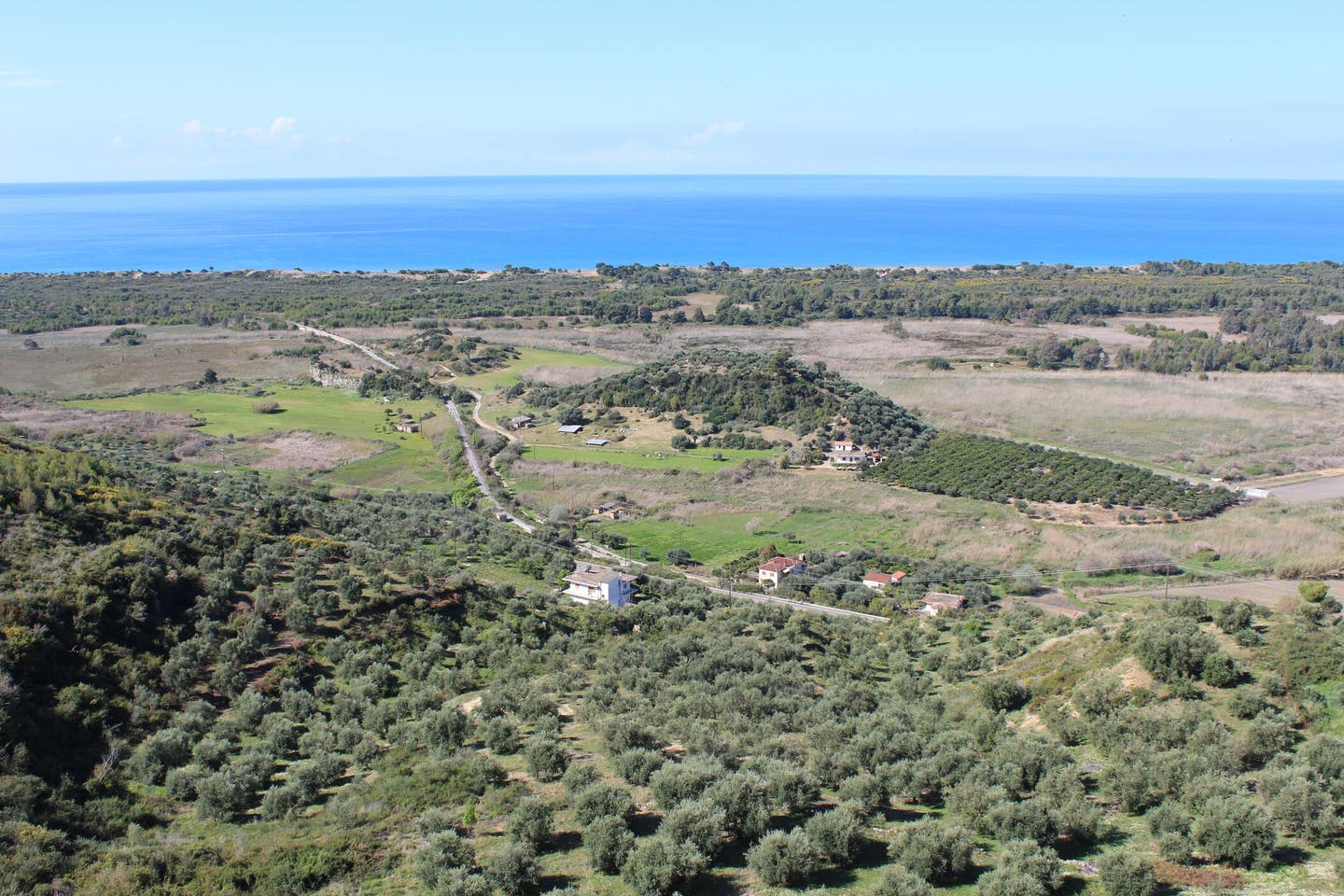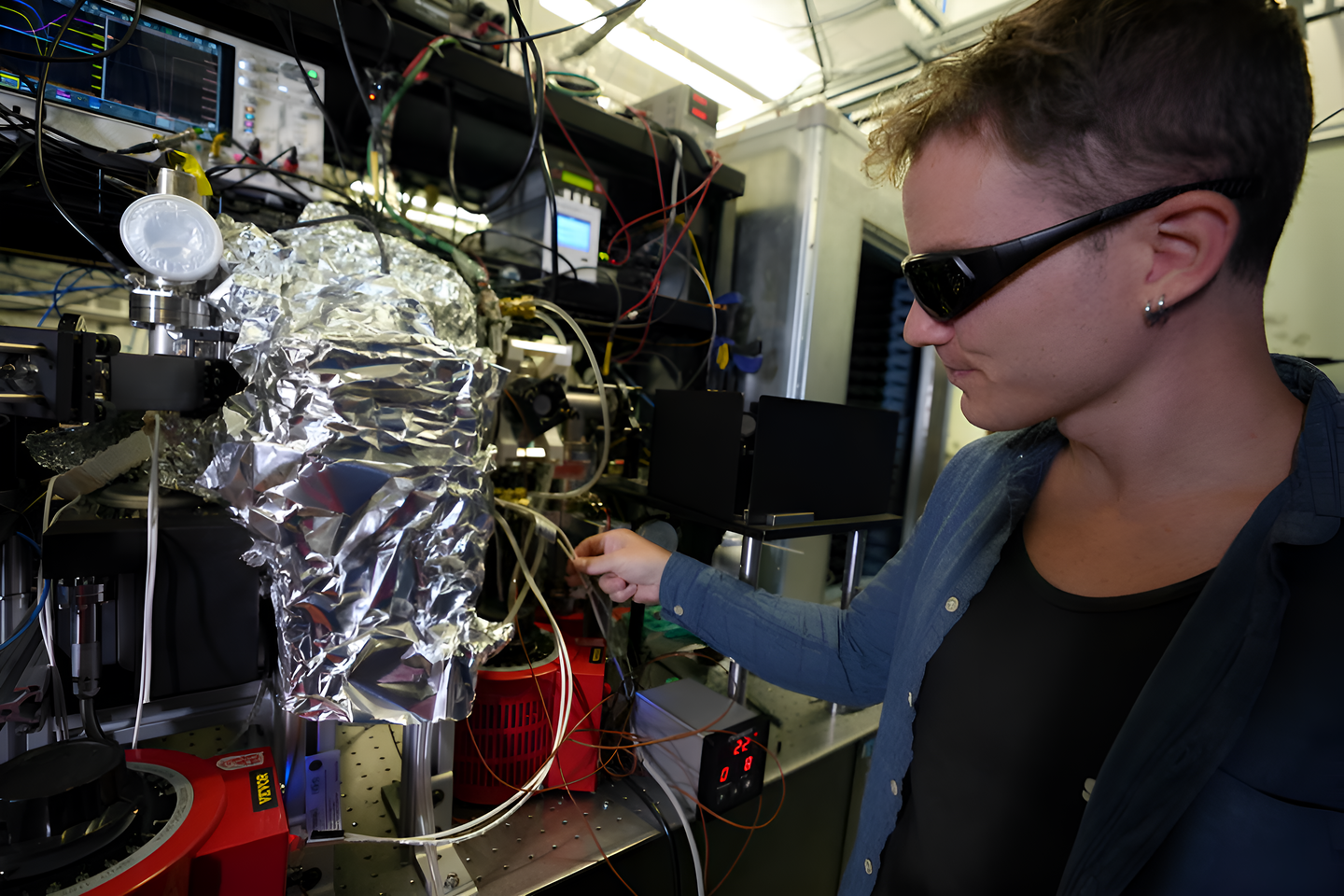Breakthrough discovery could end alcohol addiction for millions
Alcohol addiction devastates millions of lives each year, tearing apart families and leaving lasting scars.

Scientists are exploring a promising new approach that could transform treatment for those battling alcohol use disorder (AUD). (CREDIT: CC BY-SA 4.0)
Alcohol addiction devastates millions of lives each year, tearing apart families and leaving lasting scars. Yet, amid the struggle to curb its grip, a breakthrough may be on the horizon. Scientists are exploring a promising new approach that could transform treatment for those battling alcohol use disorder (AUD).
A pioneering gene therapy, tested on monkeys, has shown remarkable potential in reducing alcohol dependence. If similar results hold true in human trials, this could mark a major turning point in addiction treatment. Researchers believe the therapy directly targets the brain’s reward system, addressing the root cause of compulsive drinking.
For years, neuroscientists and physiologists have studied the intricate mechanisms behind addiction, searching for ways to intervene. This new therapy focuses on rewiring brain circuits linked to excessive alcohol consumption. By modifying specific neural pathways, scientists hope to reduce cravings and prevent relapse—one of the most stubborn challenges in treating AUD.
As detailed in Nature Medicine, the cycle of addiction is notoriously difficult to break. Even after periods of sobriety, many individuals find themselves slipping back into old patterns. Relapse isn’t simply a matter of willpower; it’s deeply tied to changes in the brain’s reward system.
At the core of this system is dopamine, a neurotransmitter responsible for feelings of pleasure and motivation. The mesolimbic dopamine pathway, often called the brain’s “reward highway,” plays a central role in reinforcing addictive behaviors. Over time, chronic alcohol use dulls its response, making it harder for the brain to experience pleasure without drinking.
A key player in this process is glial-derived neurotrophic factor (GDNF), a protein that helps regulate dopamine signaling. Research has found that GDNF levels drop significantly in individuals with AUD, especially in a region called the ventral tegmental area (VTA). Scientists suspect that restoring GDNF in the VTA through gene therapy could help stabilize the brain’s reward system and reduce the urge to drink.
The Connection Between Dopamine and Addiction
“To outsiders, it may seem like those addicted to alcohol derive pleasure from each drink. But that’s a misconception,” explained Dr. Kathleen Grant, a senior co-author of the study. She emphasized that while occasional drinking triggers dopamine release, chronic use dulls the effect. Over time, the brain adapts, producing less dopamine, leaving heavy drinkers chasing a reward that never fully arrives.
Related Stories
“For those grappling with addiction, drinking isn't about chasing pleasure. They drink to chase away the discomfort of sobriety,” Dr. Grant stated poignantly.
In their ambitious study, Dr. Grant and her team initiated a controlled experiment on eight rhesus macaque monkeys. These primates were subjected to increasing alcohol concentrations over sequential 30-day periods. After this, the monkeys had free reign over alcohol and water for 21 hours daily over six months. Unsurprisingly, they exhibited heavy drinking tendencies.
But the game-changer was the 12-week abstinence phase. Four weeks into this phase, half the monkeys received the GDNF gene therapy treatment, delivered straight into the primate’s VTA using a viral vector bearing a copy of the human GDNF gene.
The results were staggering, to say the least. Dr. Grant expressed her astonishment, “Drinking was nearly eradicated. These animals would persistently opt for water, entirely sidestepping alcohol. Their alcohol consumption was so minuscule that blood-alcohol concentration became negligible.”
What's revolutionary here is the idea that gene therapy might not just be a treatment, but a lasting solution for those besieged by the harshest forms of AUD.
A Beacon of Hope
This revelation could be a beacon of hope for many. As reported by the National Institute on Alcohol Abuse and Alcoholism, a staggering 29.5 million individuals were diagnosed with AUD in the US in 2021 alone. Worryingly, among these, close to a million (894,000 to be precise) were young individuals between the ages of 12 and 17.
There is, however, a road ahead. While these initial findings are thrilling, we must be patient. A substantial amount of research and trials will determine if this gene therapy can be effectively and safely applied to humans.
Nevertheless, in a world where AUD has wreaked havoc on countless lives, this pioneering study stands as a testament to human perseverance and the relentless pursuit of science. We might just be on the verge of a solution, providing relief and healing to millions.
If future research confirms these findings in humans, we may be looking at a groundbreaking treatment that could save countless lives and restore hope to those struggling with alcohol addiction. This innovative approach exemplifies the power of scientific research and the enduring quest to find solutions to humanity's most challenging health issues.
Note: Materials provided above by the The Brighter Side of News. Content may be edited for style and length.
Like these kind of feel good stories? Get the Brighter Side of News' newsletter.
Joseph Shavit
Head Science News Writer | Communicating Innovation & Discovery
Based in Los Angeles, Joseph Shavit is an accomplished science journalist, head science news writer and co-founder at The Brighter Side of News, where he translates cutting-edge discoveries into compelling stories for a broad audience. With a strong background spanning science, business, product management, media leadership, and entrepreneurship, Joseph brings a unique perspective to science communication. His expertise allows him to uncover the intersection of technological advancements and market potential, shedding light on how groundbreaking research evolves into transformative products and industries.



